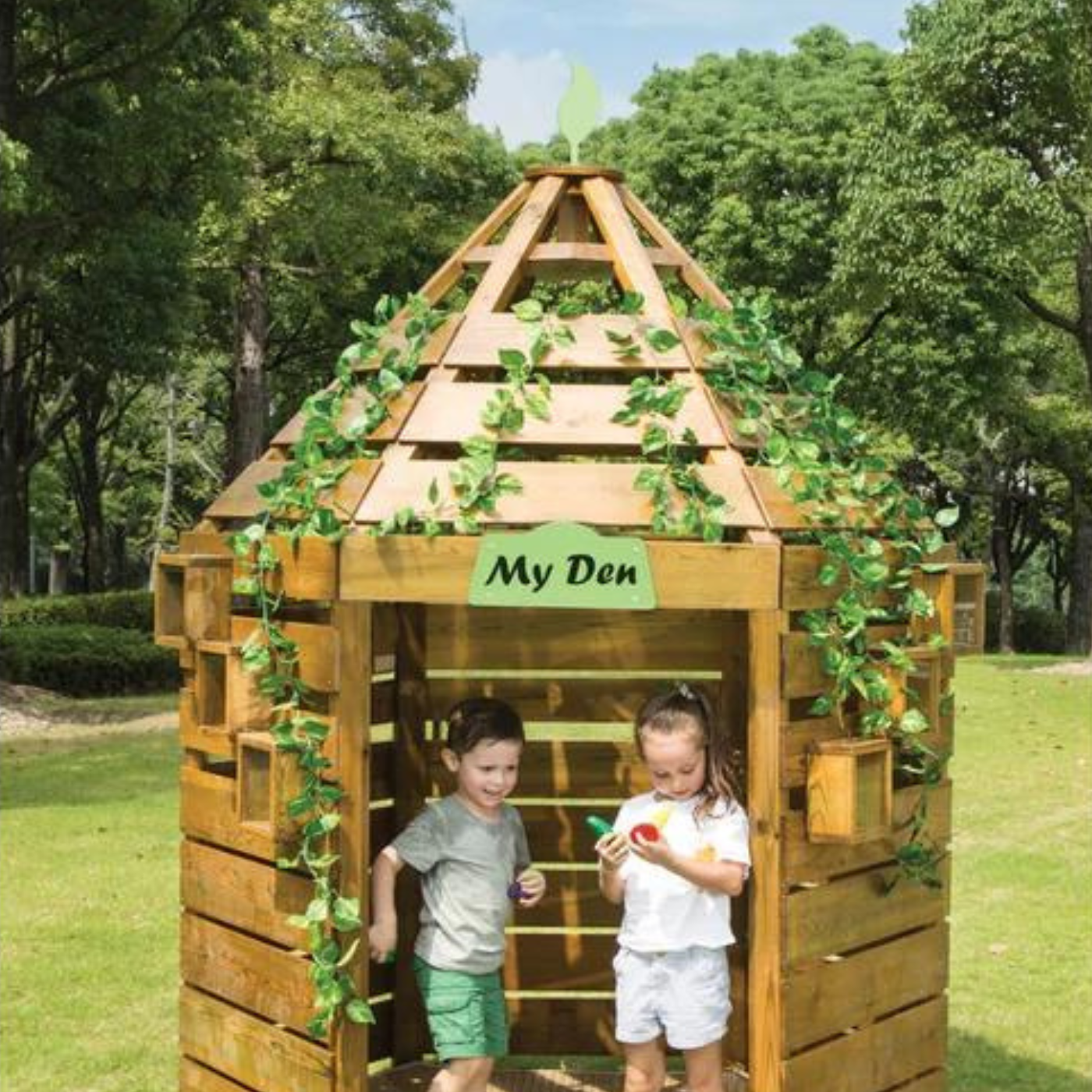Some people have argued that the summer holidays were brought in for farming purposes, some claim that they were introduced to allow families to go on pilgrimages, others say it was for the Grand Tour (upper class younguns going travelling), and more recently to simply enjoy family beach holidays. Whilst the definitive reason for why the six-week summer break was introduced to schools is still disputed, most of us can agree that this time away from the classroom is to be used to refresh and spend time with family. Not to mention, to give teachers a well-deserved rest.
This break is essential for children of all ages, and whilst plenty of rest should be had, it is also important to encourage their minds and bodies to stay active to avoid the dreaded brain drain. This is why we have put together a quick guide with some suggestions on how to keep your children’s bodies and brains active over the summer break.
After all, as much as this quality time with their children is commonly craved by parents, a full six weeks to provide entertainment and stimulation can be daunting. And not to mention, extremely tiring.
Summer bucket list
Getting your children involved in planning their summer is a great way to get them excited for all they have to look forward to, all the while improving their organisational skills (imagine your child learning the beauty of to-do lists before they even make it to high school).
Ask them what they’d like to achieve this summer, what they’d like to see, where they’d like to go and who they’d like to do it with. It is, of course, important to manage their expectations too, you don’t want them to expect to be flown to Australia and back so they can dance with a kangaroo.
Maybe they want to learn a musical instrument? Perhaps they fancy some arts and crafts days to spruce up their bedroom? Maybe you could have a joint project to create a reading corner together?
Whatever your children fancy getting up to over the summer, it is a great idea to have a list written out, so they know what they can look forward to – and it’ll save you having to think up a new activity every day!

Food for the brain
When the children return to school in September, after 6 weeks of fun (and perhaps a bit of rest), it can be difficult to switch their brains back on.
There are many ways to avoid this problem without having to be a full-time teacher for the summer. Encourage your children to read by finding books that they’ll really enjoy. Enjoy some learning together about people and communities around the world and teach your children about their own culture and heritage. Put their (and your!) numeracy skills to the test with interactive resources designed to make learning fun. Why not reward them for their continued learning with stickers, stamps and certificates – you’ll be surprised at how much your children are motivated by them – you're never too old for a sticker.

Keep on movin’
Keeping your body moving is just as important as keeping your brain ticking, especially for young children who have lots of energy to expel. The summer break provides a perfect opportunity to do so.
Outdoor play equipment offers dynamic ways for children to stay on their feet, and active play resources will aid with balance and coordination. Another way to keep your children occupied and active whilst enjoying the outdoors is through den making. Not only will this keep them entertained whilst they are putting it together but will also give them a place of sanctuary (and you some rest bite too!)
If you’d like to make use of items that you already have, why not create obstacle courses together? Use sticks, ropes, balls and more to put your children through a fun agility test. We promise that they will be ready for an early night when they are through!

Enjoying summer, together
Summer holidays are for your children to enjoy, but it is also a perfect time to reconnect with them as one day, you will no longer have this much time to spend together. So, pick up a book, throw around a ball, get your hands dirty and, most importantly, have fun together. One day you’ll miss their curiosity and boundless energy... even if you don’t think you will now.
Springboard are here to encourage children’s development, both inside and outside of the classroom.




